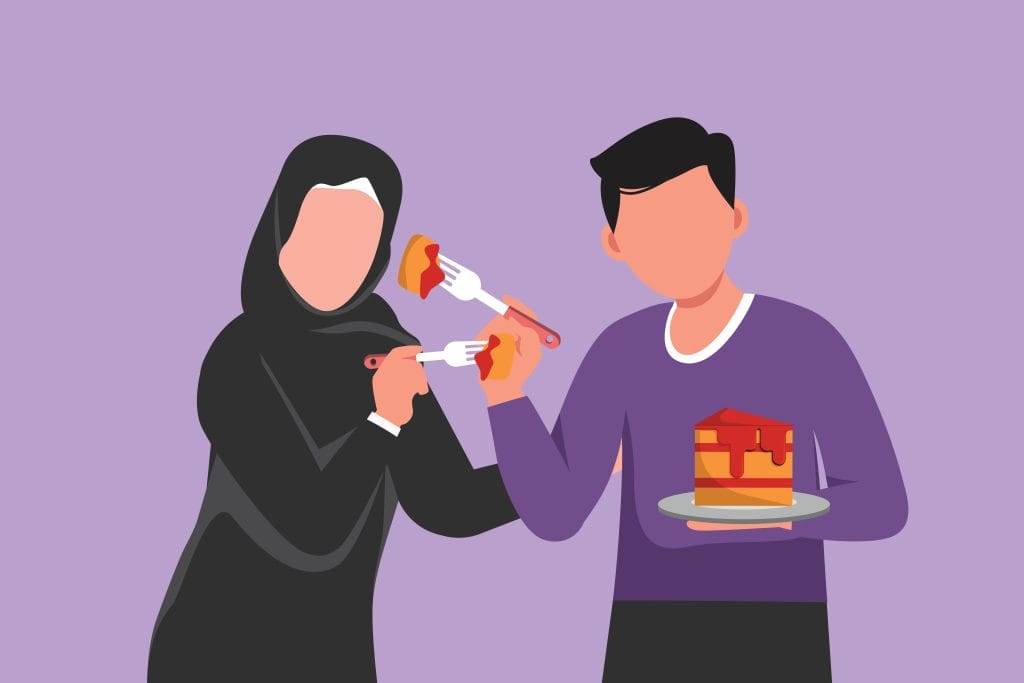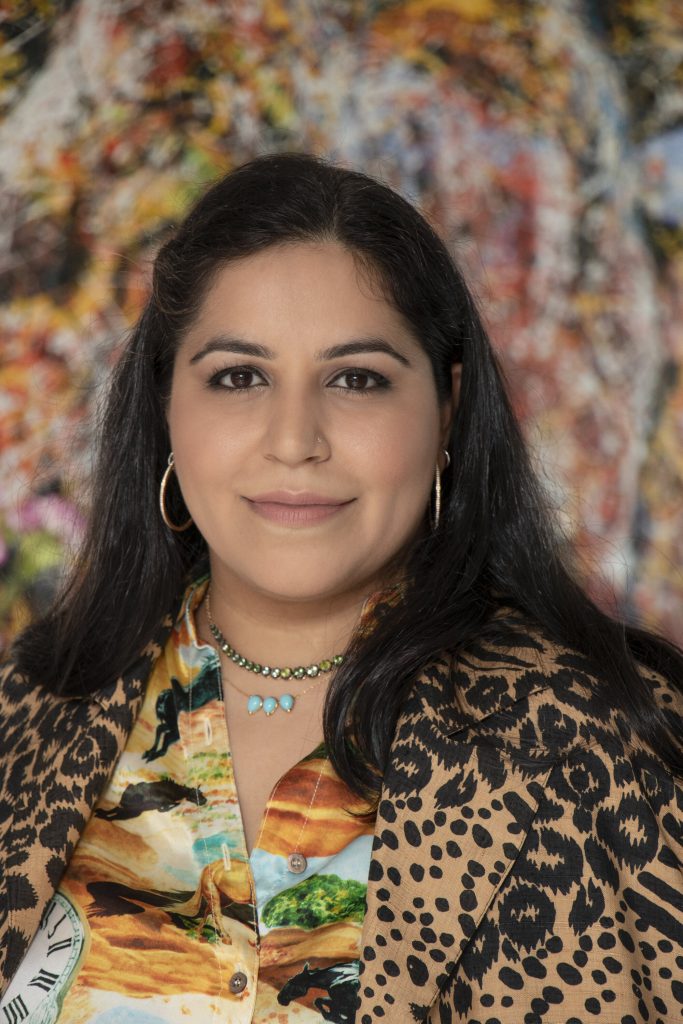Sumati Huber pokes gentle fun at our ‘normal’ behaviour.
Growing up Indian means that we are desensitised to certain actions and behaviours that are ‘normal’ to our culture. But did you ever stop to think that some things we do are not actually common at all, and could provoke a few inquiries of, “What is going on here?” Things like:
Cake-Feeding
If it’s your birthday, anniversary or another special occasion, it’s customary for the guest of honour to slice some cake to feed to their guests (in order of elders/importance) and to be fed in return by their family and friends. That’s a lot of fingers in your cake and possibly your mouth but at least it’s something sweet coming your way. It doesn’t matter if you plead for “just a small bite” as all your relatives will shove the largest piece into your mouth, testing your ability to chew politely in front of your party. And yes, after this spectacle everyone will get more cake (on a plate), especially the unimportant guests who have been patiently waiting and didn’t get to partake in the initial feeding.
Money Round the Head
Most of us probably like our money in a safe, hidden place but Indians want to make sure that you really see it by waving bills around. Bank notes are rotated clockwise above a person’s head as a way to offer blessings and cast away any evil energy. This can be done in instances such as circling currency around a newlywed bride and groom, and the money is then donated to charity or another cause. Just don’t try it with coins because then people will view you as cheap.
Touching Your Elder’s Feet
No, it’s not just bending down to check if nani needs a pedicure or dadaji has an ingrown toenail. Actually one of the more revered Indian customs, younger people are meant to bow down to take blessings and symbolic wisdom from respected elders by touching their feet. This act will win you many points with the older generation and show people that you were raised the right way.
Black Dot on a Baby
Indians have already heard all the jokes about “the red dot” but fewer may know why babies can be seen with a large black dot on their forehead, cheek, or behind their ear. The kala tikka is an intentional blemish put on a baby to make them appear less cute as a way to ward off any evil eyes staring at them and inflicting nazar. Unfortunately, this remedy is not strong enough from deterring all your relatives and strangers from grabbing your baby.
Reusing Everything Until Its Last Leg
Throwing away any old thing is not taken lightly by Indians. Take for example the life of a T-shirt: it starts with its intended use of being an item of clothing, then it is passed down to a sibling to wear, and when it has served its purpose and becomes tattered and torn, you can’t simply dispose of it. The T-shirt must now live as a house cleaning cloth or a rag for your mop. Empty biscuit tins become home to lose buttons and sewing supplies, causing trauma to anyone who opens it hoping to find a cookie. Old jam containers are filled with pickled achaar and masalas making for a shocking breakfast for a sleepy individual who didn’t look at the jar properly. Things may not always be what they seem in an Indian house, but we wouldn’t want it any other way.
An unreformed party girl and mother of two, writer, editor and observer Sumati Huber tries to make sense of our unique Thai-Indian society and the aunties that she will one day become.








